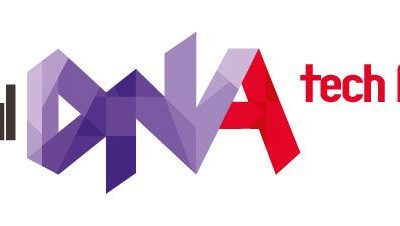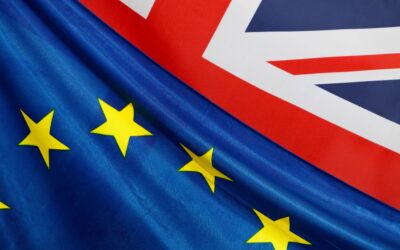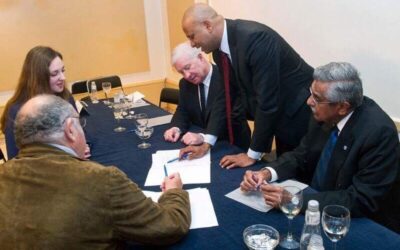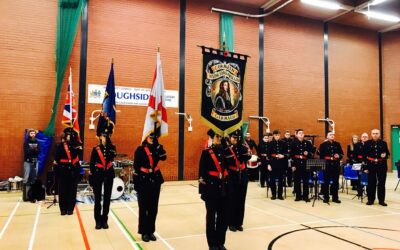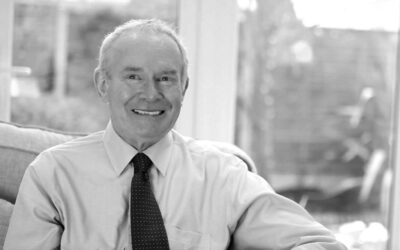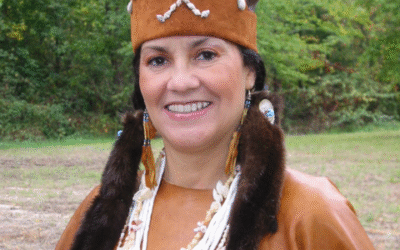Fundamentalism, Radicalization and Terrorism. Part 1: terrorism as dissolution in a complex systems In the first of two papers, Lord Alderdice draws on his personal experience of living and working in Northern Ireland and other countries that have suffered from...
Posts from category:

Lord Alderdice Blog: Why has this generation dropped the baton?
On the long and winding road of the Northern Ireland Peace Process the most important lesson we learned was that such intractable, violent, political problems were a result of disturbed historic relationships between communities of people. The three key sets of...
Digital DNA: Technology, social cohesion and peace advocacy
We are delighted to host a session on "Technology, social cohesion and peace advocacy" during Digital DNA. In this digital age, technology is altering how we engage with the world, offering new avenues for social change. In this session we will explore how technology...
A Giant’s Cause: Solutions for Brexit | 11 May | QUB
The future relationship between the United Kingdom and the European Union remains open and one of the options floated has been for the UK to join the European Economic Area (EEA) on the EFTA side. The EEA extends the EU’s Single Market to three EFTA countries: Norway,...
ETA disarmament: CDPB’s Director Chris Maccabe among the International Verification Commission members
The International Verification Commission (IVC) was established in 2011 to verify Euskadi Ta Askatasuna’s (ETA) declaration of a definitive end of violence. The Commission members include Chris Maccabe, former Political Director of the Northern Ireland Office and...
Music Unite Culture Night
An eclectic mix of musicians gathered at the Loughside Community Centre, on the Shore Road in North Belfast to entertain an audience of over 400 people with Music Unite’s night of culture. The event was the culmination of a yearlong project facilitated by the Centre...
Statement from Lord Alderdice on the death of Martin McGuinness
Statement from Lord Alderdice on the death of Martin McGuinness Speaking of his sadness on hearing of the death of Martin McGuinness and sending his condolences to his family circle, John, Lord Alderdice described him as “a remarkable leader, an excellent colleague,...
Healing the wounds of Britain’s relationship with the First Americans
Lord Alderdice invites you to the talk Healing the wounds of Britain’s relationship with the First Americans with Chief Anne Richardson Wednesday, 22 March 2017 from 6.30pm to 8pm Committee Room 1, House of Lords, London SW1A 0AA Please register at...
Opinion: A ‘Brexit Convention’ for Northern Ireland
We are committed to partnership, equality and mutual respect as the basis of relationships within Northern Ireland, between North and South, and between these islands." Preamble to the Belfast Good Friday Agreement 1998 There is one certainty that is clear in the...

